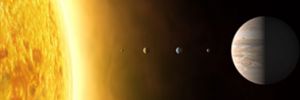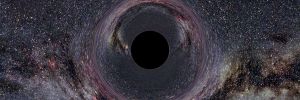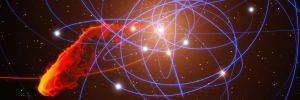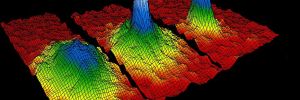The Theoretical Minimum courses include a core sequence of six courses, plus a set of supplemental courses that teach additional related material. The core sequence is currently being repeated with Statistical Mechanics being taught during Spring quarter, 2013.
Course Catalogue
The core sequence of six Theoretical Minimum courses covers Classical Mechanics through Statistical Mechanics and Cosmology. The core sequence is currently being repeated, so the six courses below are a mix of the old and new sequence. Earlier versions of the repeated courses can be found under the Archived Courses tab.
-
Classical Mechanics
Fall, 2011Our exploration of the theoretical underpinnings of modern physics begins with classical mechanics, the mathematical physics worked out by Isaac Newton (1642--1727) and later by Joseph Lagrange (1736--1813) and William Rowan Hamilton (1805--1865). We will start with a discussion of the allowable... more -
Quantum Mechanics
Winter, 2012Quantum theory governs the universe at its most basic level. In the first half of the 20th century physics was turned on its head by the radical discoveries of Max Planck, Albert Einstein, Niels Bohr, Werner Heisenberg, and Erwin Schroedinger. An entire new logical and mathematical foundation—... more -
Special Relativity and Electrodynamics
Spring, 2012In 1905, while only twenty-six years old, Albert Einstein published "On the Electrodynamics of Moving Bodies" and effectively extended classical laws of relativity to all laws of physics, even electrodynamics. In this course, we will take a close look at the special theory of relativity and also at... more -
General Relativity
Fall, 2012General relativity is the geometric theory of gravitation published by Albert Einstein in 1916 and the current description of gravitation in modern physics. General relativity generalises special relativity and Newton's law of universal gravitation, providing a unified description of gravity as a... more -
Cosmology
Winter, 2013This course of the Theoretical Minimum series will concentrate on cosmology, the science of the origin and development of the universe. Along the way, students will take a close look at the Big Bang, the geometry of space-time, inflationary cosmology, cosmic microwave background, dark matter, dark... more -
Statistical Mechanics
Spring, 2013Statistical mechanics is a branch of physics that applies probability theory to the study of the thermodynamic behavior of systems composed of a large number of particles. Statistical mechanics provides a framework for relating the microscopic properties of individual atoms and molecules to the... more





